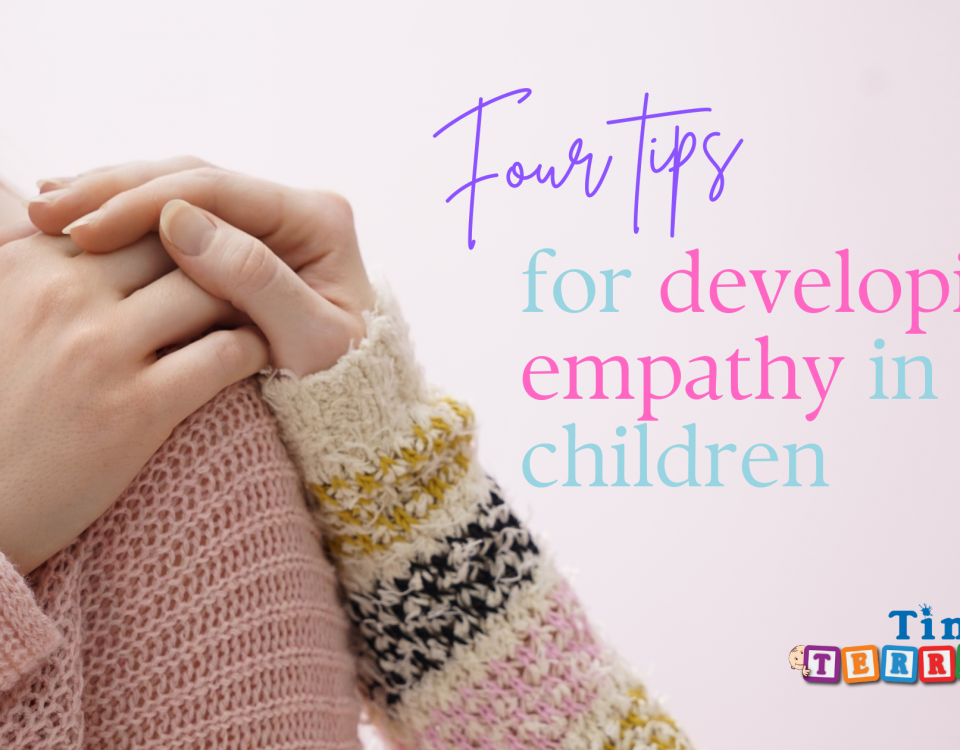
How to Naturally Build Resilience in Children
February 23, 2021
A Guide for Working Parents: Balancing family and work
April 14, 2021Raising Grateful Kids
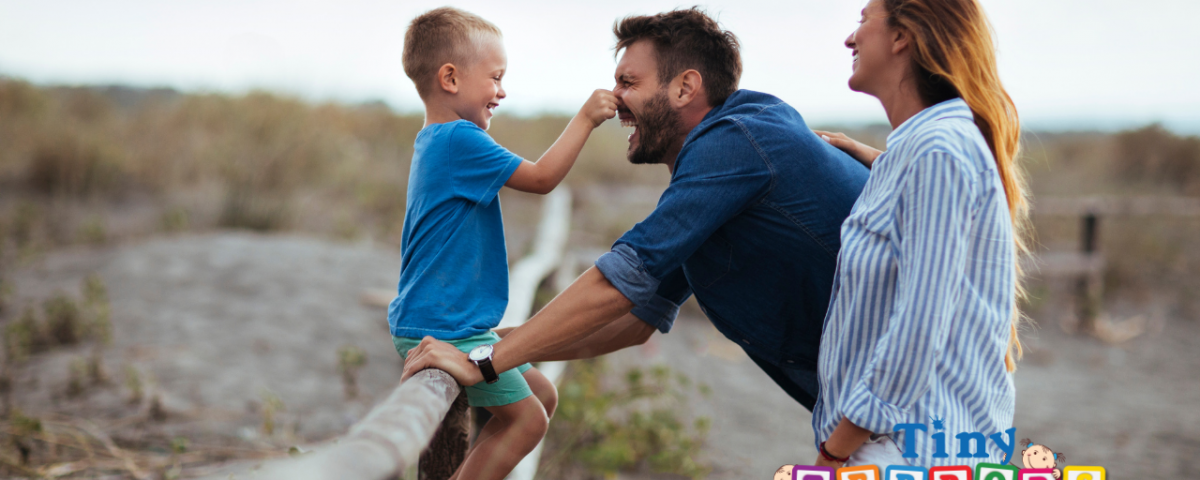
What Is Gratitude?
Gratitude is about focusing on what is good in our lives and being thankful for the things we have.
Being grateful is pausing to notice and appreciate the things that we so often take for granted including having a roof over our heads, clean water, access to food even having access to Wi-Fi! Gratitude is taking a breath and reflecting on how fortunate you are when something positive happens.
We can use lots of words to describe feelings of gratitude: we might say we feel thankful, lucky, fortunate, humbled, or blessed.
At times, it can be difficult for children to feel and show gratitude because they do not have maturity like adults. They are yet to develop and strengthen the skill of thinking of others and appreciating the blessings and good things in their life.
According to PositivePsychology.com, gratitude is a “fully understood and appreciated receipt of whatever has been given. The appreciation is returned in a meaningful and heartfelt way, benefiting both receiver and giver. For gratitude to be an effective way to increase happiness, it must be felt, and connective gratitude is the key.”
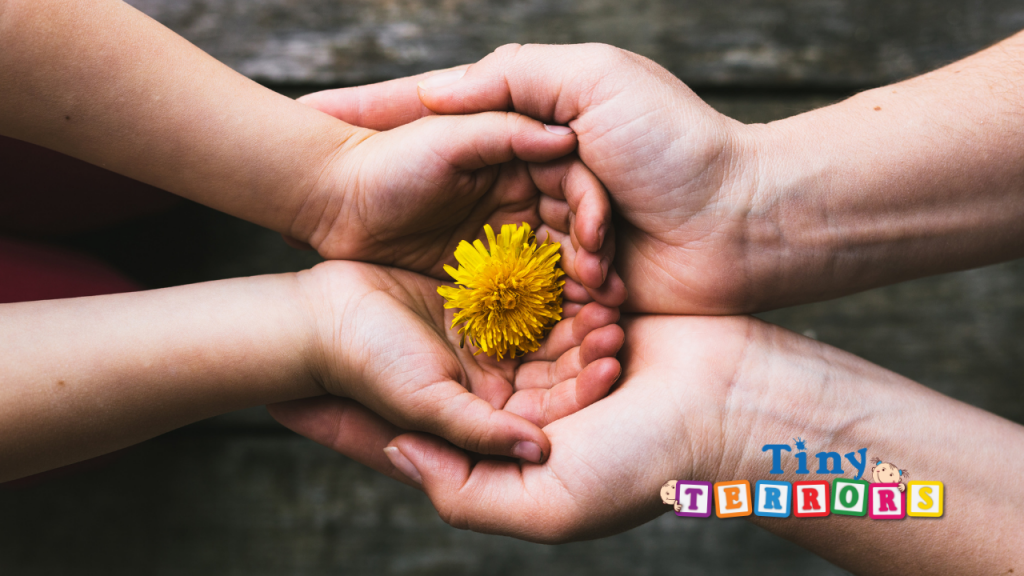
How to practice gratitude
A study published in the Journal of Positive Psychology in 2018 found that grateful adults are happier and more hopeful. Gratitude was a better predictor of hope and happiness than other constructs, like forgiveness, patience, and even self-control.
So, there are a lot of good reasons to help kids experience and practice gratitude. Here are a few strategies to try:
1. It is ok to miss out on things.
It is common for parents to fulfil all their children’s desires because they do not want to upset them. It’s ok to say ‘no’. This helps kids to navigate through the feeling of disappointment and upset in order to be thankful on those times they were allowed.
2. Teach Them to Say, ‘Thank You.’
The habit of saying thank you is important. It should be taught to children from the beginning. The parents should always encourage their child to say thank you when they receive a gift or given something. In this way, they will not forget the blessings in their life and to be mindful of the other person’s efforts to give a gift.
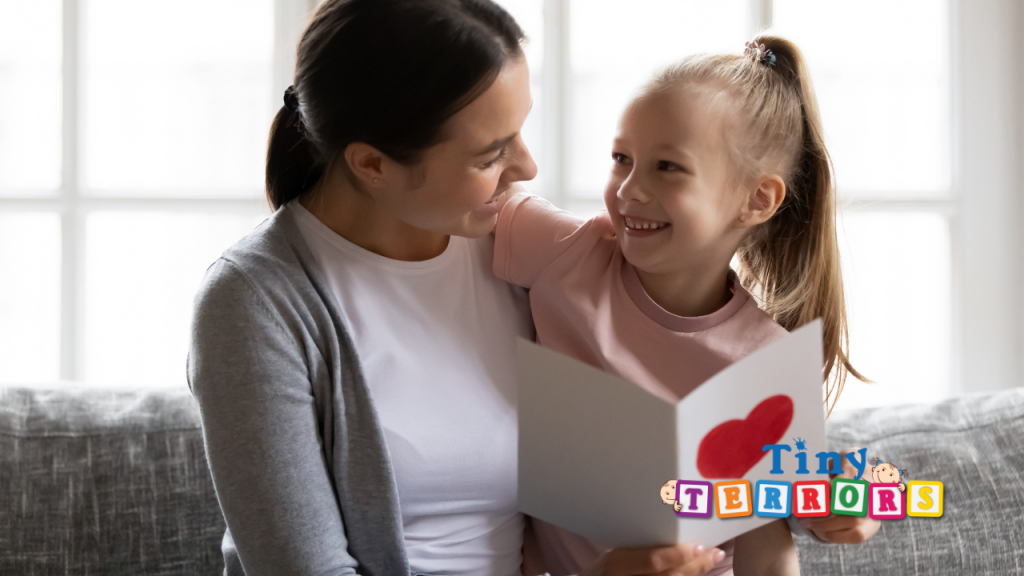
3. Perform Act of Kindness
There are many things your child can do to show appreciation for other people. This might involve returning a favour, like letting a friend borrow a toy who is kind.
Or it could involve an act of service like baking some biscuits for a neighbour who plays handball with them most weekends.
4. Model gratitude
Grateful parents raise grateful children. Modelling gratitude is a good way for your kids to learn to be grateful by hearing and seeing their parents experience gratitude.
Make a habit about talking about gratitude and share what you are grateful for.
As a parents we should make it clear to our children that there are many ways to show people that you’re grateful for all they do.
You should make gratitude a priority. Experiment with different strategies to help determine which gratitude practices help everyone best experience and express their grateful feelings.
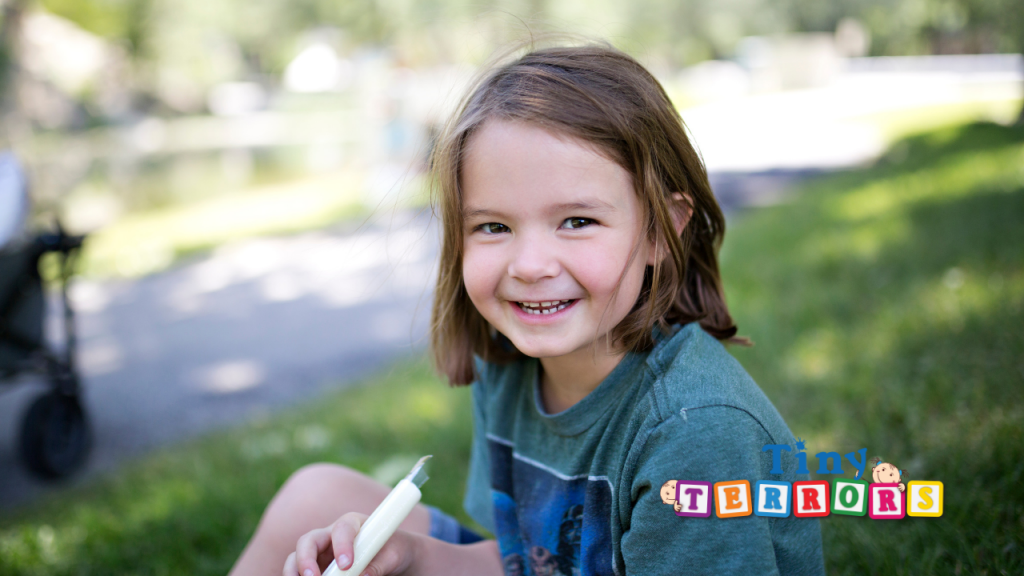
Of course, there will be times when your kids seem to be ungrateful. This does not mean you have failed in the gratitude department. Simply turn these times into teachable moments. Work on new gratitude strategies and keep modeling how to be thankful. It is likely then you will see these moments of entitlement fade away.
Tiny Terrors can help you identify behaviour issues in your child and help with finding a solution that works for your family. Call us now at 1300 001 414 to discuss your child’s issues and find out more about our in-home parenting and behaviour support services.


